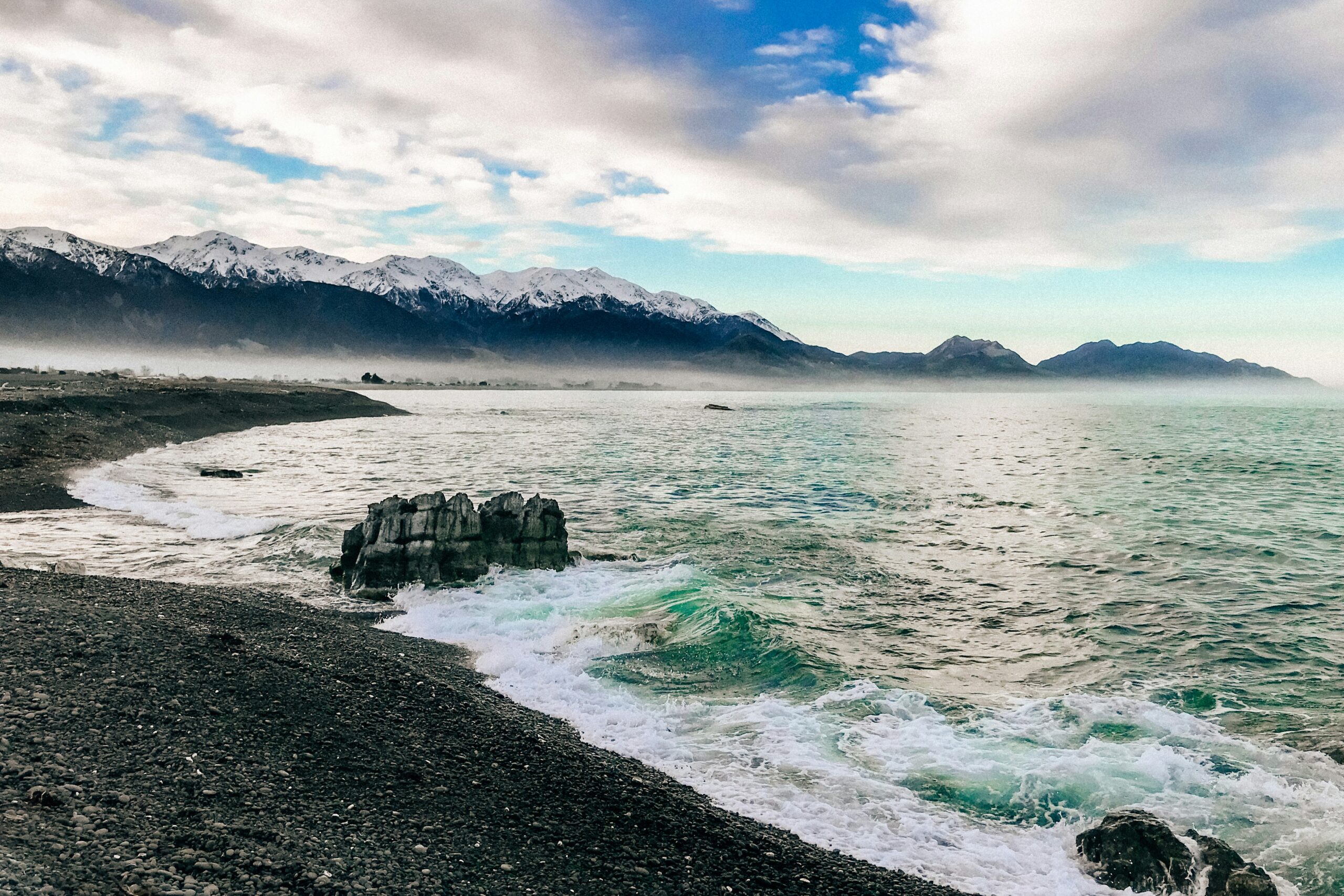Photo of Kaikoura, New Zealand, by Helen Stegney
New Zealand, home to one of the world’s largest exclusive economic zones (EEZs), is under increasing pressure to enhance its marine conservation efforts. Despite its vast ocean territory, less than 1% is designated as highly protected, falling short of the nation’s commitment to protect 30% of its marine environment by 2030 under the United Nations Convention on Biological Diversity.
Environmental groups and experts are calling for immediate action to address this gap. The abandonment of the proposed Kermadec Rangitāhua Ocean Sanctuary, which would have safeguarded approximately 15% of New Zealand’s EEZ, has been a significant setback in the country’s marine protection efforts.
Public sentiment reflects growing concern over the state of the oceans. A survey by WWF-New Zealand revealed that 81% of New Zealanders believe Marine Protected Areas should be expanded, and 79% support the country’s commitment to the ’30 by 30′ target. Additionally, 71% favour the establishment of the Kermadec sanctuary, highlighting widespread public backing for stronger marine protections.
Experts emphasise the urgency of aligning domestic policies with international commitments. Helen Clark, former Prime Minister of New Zealand, and Kayla Kingdon-Bebb, CEO of WWF-New Zealand, argue that the nation’s current trajectory threatens not only its marine biodiversity but also its international standing as a responsible steward of ocean resources.
